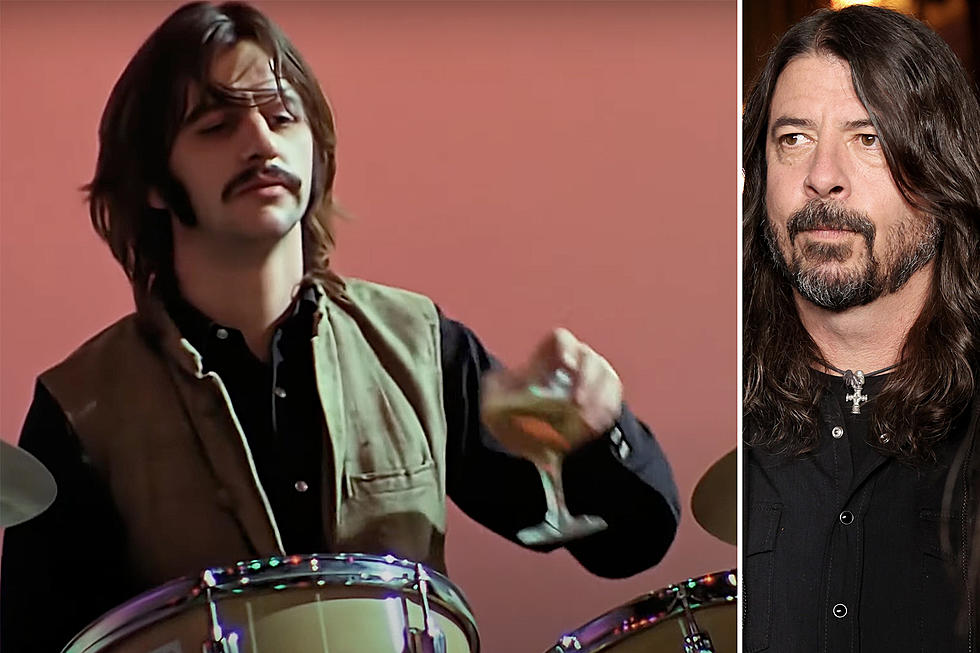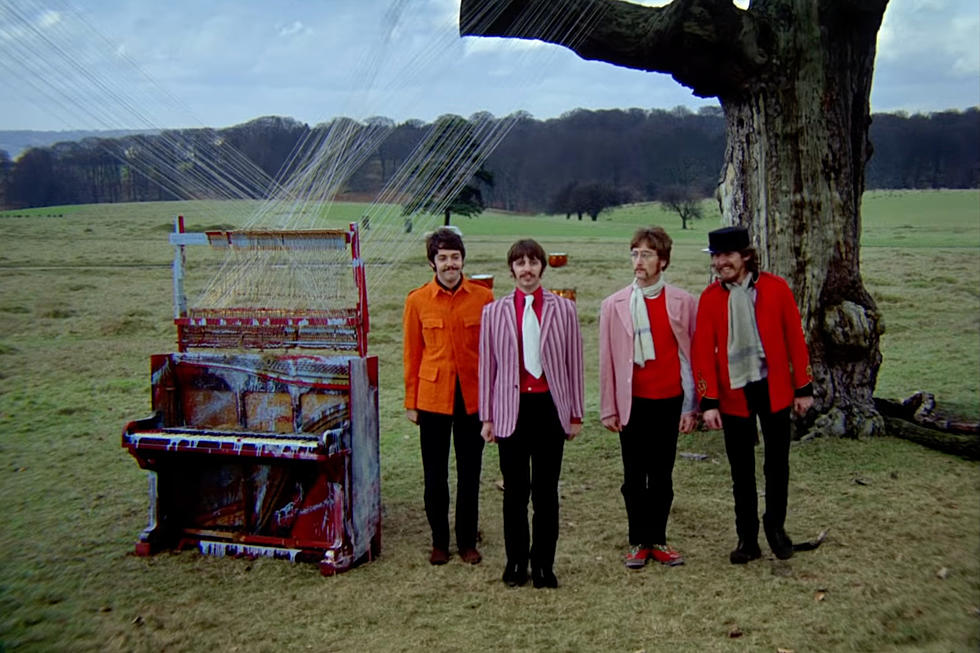
How the Beatles’ Attempt to Get Back Resulted in ‘Let It Be’
Let It Be was supposed to be the album that would bring the Beatles back together.
After an increasingly fractious couple of years that culminated in 1968’s self-titled ("White") album, which was basically four solo records for the price of a double LP, the four Beatles holed themselves up in London’s Twickenham Film Studios, and then at Apple Studios, during the first month of 1969 to re-spark their dying flame. No outside visitors, no BS – just four guys hanging around playing music. Just like the old days. They called it Get Back.
But things didn’t work out that way. The sessions fell apart almost immediately. George Harrison quit. And nobody was particularly happy with the TV cameras documenting their collapse. So they hauled their gear to the roof of Apple’s headquarters, performed a brief impromptu concert and called it a day. Two months later they handed the tapes to engineer Glyn Johns and told him to construct an album out of the hundreds of songs and the hours and hours of tapes they had recorded.
The Get Back album was supposed to be released in July 1969, but the Beatles had moved on and wiped their hands clean of the mess. And things were going relatively well on the recording of Abbey Road. The band got along, inspiring each other, just like in the old days. Just like Get Back was supposed to. So, Abbey Road was bumped up on the release schedule, and Get Back was shelved.
A year after the Beatles gave Johns the tapes, they passed them on to Phil Spector, who added strings, choirs and lots of the production goop that made him one of the ‘60s’ most famous producers. But Spector’s more-is-more approach that sounded so great on "Then He Kissed Me" and "Be My Baby" buried Beatles songs like "The Long and Winding Road" and "Across the Universe." Nevertheless, the newly retitled Let It Be was released on May 8, 1970, as the group’s final album. Paul McCartney had left the band a month earlier, effectively ending the Beatles.
Inside the Beatles 'Let It Be' Sessions
McCartney hated Let It Be. The other Beatles – who had pretty much given up on the project – were either indifferent or, in John Lennon’s case, satisfied that Spector did his best with the mess he was given. The album hit No. 1. So did the two singles released from it, "The Long and Winding Road" and the title track.
There are some great songs – "Two of Us," "I’ve Got a Feeling," "Get Back" (a different mix of the song reached No. 1 in 1969) – scattered among the ruins. It’s a fascinating work, no matter how you hear it. (The album was remixed in 2003 as Let It Be … Naked, with Spector’s often intrusive production removed.) It’s the sound of a band falling apart. It’s the sound of a band trying to hold it together. And it’s the sound of an era ending.
See the Beatles Among the Top 100 Albums of the '70s
You Think You Know the Beatles?
More From 100.7 KOOL FM










